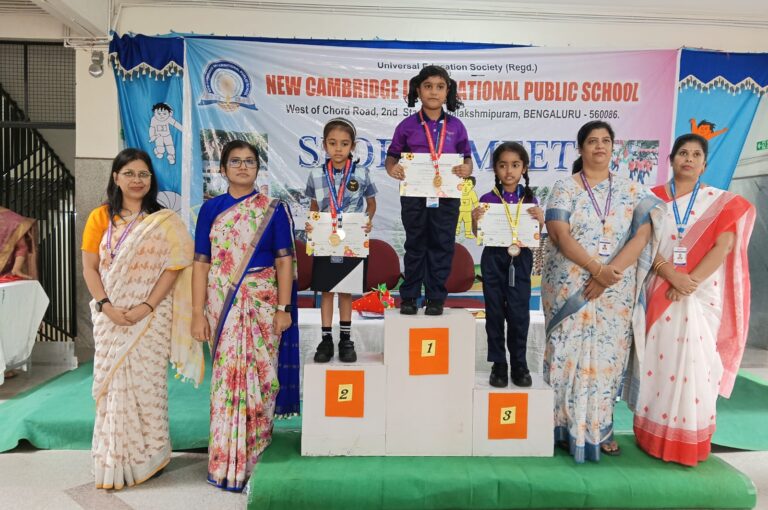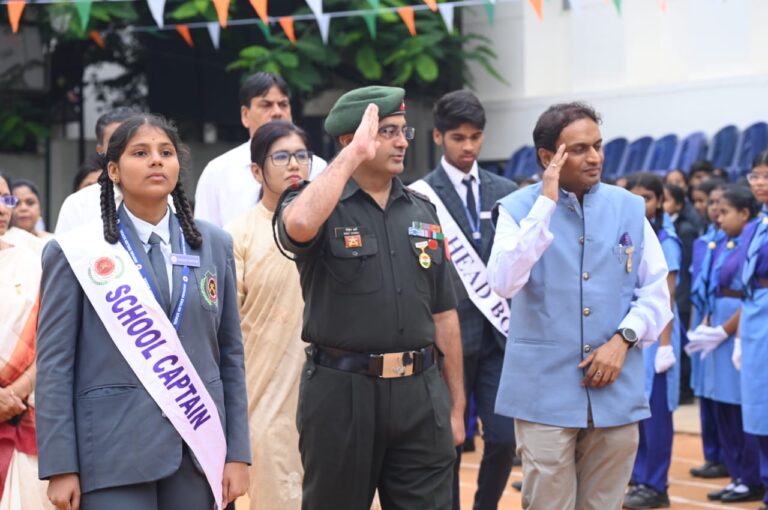The effectiveness of CBSE Grade 11 compared to PUC (Pre-University Course), ICSE (Indian Certificate of Secondary Education), or IB (International Baccalaureate) depends on the student’s academic goals, especially for higher education in India. Here’s a breakdown of why CBSE Grade 11 is often considered more effective for students aiming for further education, particularly in India:
✅ 1. Alignment with Indian Competitive Exams
- CBSE syllabus closely matches the curriculum of Indian entrance exams like:
- JEE (Engineering)
- NEET (Medical)
- CUET (Central Universities)
- Most coaching institutes for JEE/NEET are structured around CBSE.
- This alignment makes it easier for CBSE students to manage both board exams and competitive exam preparation.
✅ 2. National Recognition and Standardization
- CBSE is nationally standardized, making transitions across states or institutions smoother.
- Accepted by all Indian universities and colleges without question.
- Uniform exam structure and grading system (unlike PUC which varies by state).
✅ 3. Balance of Rigor and Manageability
- CBSE is often seen as less content-heavy than ICSE, but more exam-oriented.
- Compared to IB, CBSE is less research-based, making it easier for students focused on exams rather than projects or extended essays.
✅ 4. Cost and Accessibility
- CBSE schools are widely available and more affordable than IB schools.
- Coaching institutes and study resources (like NCERT books) are easily accessible and low-cost.
✅ 5. Focused Curriculum
- CBSE uses NCERT textbooks, which are concise and highly structured.
- NCERT books are directly recommended for JEE, NEET, etc.
- PUC (especially state boards) may include region-specific content, which can be less relevant outside that state.
✅ 6. Medium of Instruction and Language
- CBSE primarily uses English or Hindi, which aligns with most Indian higher education institutions.
- PUC and some state boards may use regional languages, limiting future academic mobility.
�� Subjects Offered in CBSE Grade 11
Subjects are grouped into streams. Students choose a combination based on their career goals:
�� Science Stream
Core Subjects:
- Physics
- Chemistry
- Mathematics
- Biology
- Computer Science / Informatics Practices / Biotechnology
Optional:
- English (Compulsory)
- Physical Education
- Psychology
- Hindi / Sanskrit / Other regional languages
- Engineering Graphics
- Economics
�� Commerce Stream
Core Subjects:
- Accountancy
- Business Studies
- Economics
- Mathematics / Informatics Practices
Optional:
- English (Compulsory)
- Entrepreneurship
- Physical Education
- Legal Studies
�� Humanities (Arts) Stream
Core Subjects:
- History
- Political Science
- Geography
- Sociology
- Psychology
- Economics
Optional:
- English (Compulsory)
- Legal Studies
- Fine Arts
- Home Science
- Philosophy
- Fashion Studies
�� Career & Job Streams Based on CBSE Subjects
| Stream | Subjects | Career/Job Fields |
| Science (PCM) | Physics, Chemistry, Math | Engineering, Architecture, Data Science, Aviation, Merchant Navy, Defence (NDA) |
| Science (PCB) | Physics, Chemistry, Biology | Medicine (Doctor, Dentist, Vet), Biotechnology, Pharmacy, Nursing, Research |
| Commerce | Accountancy, Business Studies, Economics | CA, CS, CFA, MBA, Banking, Finance, Marketing, Entrepreneurship |
| Humanities/Arts | History, Sociology, Political Science, Psychology | UPSC, Law, Journalism, Social Work, Psychology, Teaching, Design, Hospitality |
�� Comparison with Other Boards
| Board | Focus | Limitation for Indian Higher Ed |
| CBSE | National curriculum, exam-oriented | Less emphasis on project-based learning |
| PUC (State) | Localized syllabus, varies by state | Not aligned with national-level exams |
| ICSE | Detailed, literature-heavy | Not aligned with JEE/NEET, tough for science students |
| IB | International curriculum, critical thinking | Best for foreign university admission, not aligned with Indian entrance exams |
Comparison Summary Table:
| Feature | CBSE | PUC (State Boards) | ICSE | IB |
| Competitive Exam Focus | ✅ Strong | ⚠️ Varies by state | ❌ Limited | ❌ Not aligned |
| Curriculum Load | ✅ Balanced | ⚠️ Can be heavy | ❌ Very heavy | ❌ Very heavy |
| National Recognition | ✅ High | ⚠️ Regional | ✅ High | ✅ International |
| Cost and Availability | ✅ Affordable | ✅ Affordable | ⚠️ Mid-range | ❌ Expensive |
| Critical Thinking / Projects | ✅ Very strong | ❌ Limited | ✅ Moderate | ✅ Very strong |
| Best for Studying in India | ✅ Yes | ⚠️ Only in-state | ⚠️ Depends | ❌ Not ideal |
�� Conclusion:
CBSE Grade 11 is most effective for students who are:
- Planning to study in India (especially in central or top-tier institutions).
- Preparing for competitive entrance exams.
- Looking for a curriculum that balances rigor and exam focus.
- Needing national-level mobility and recognition.
If a student is aiming for IITs, AIIMS, DU, or other Indian universities, CBSE is generally the most efficient and effective route.






Leave a Reply